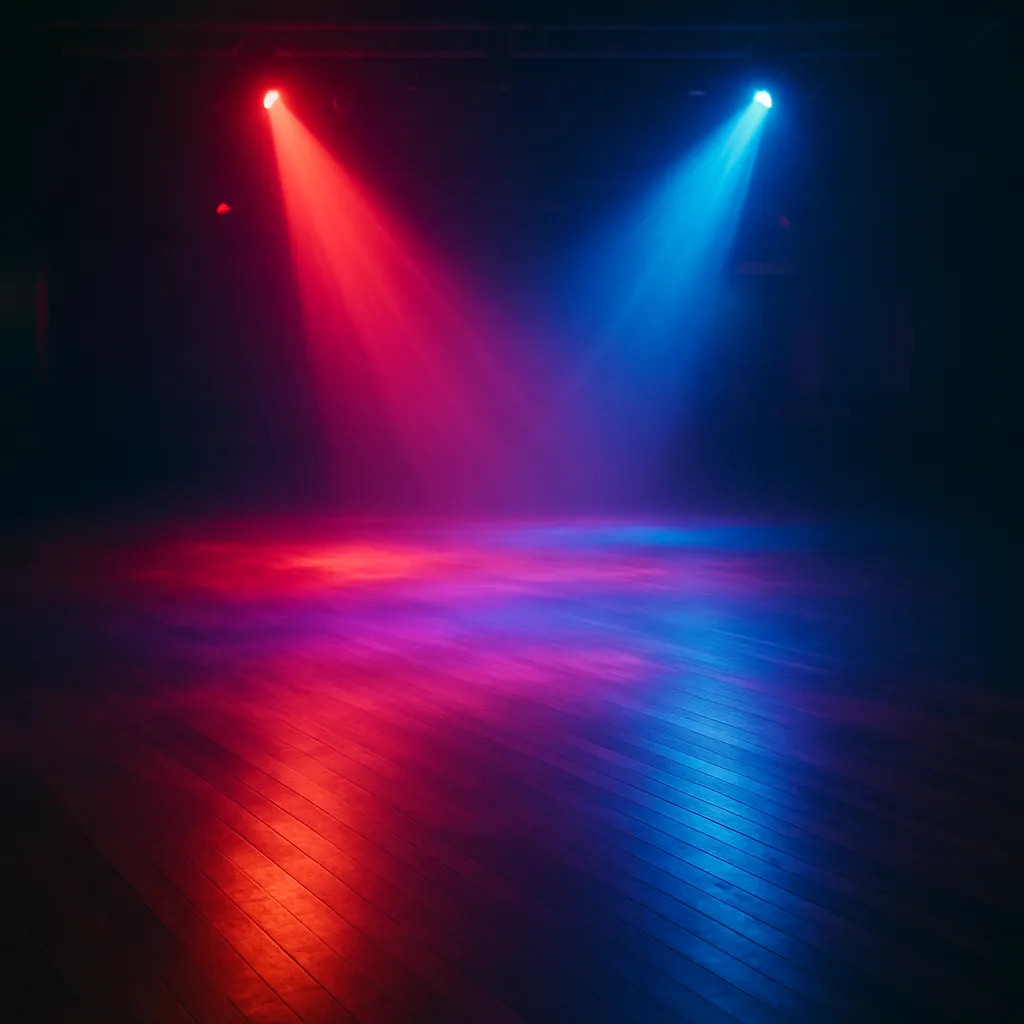Maybe the earth knows how to correct itself
 Maybe the Earth knows how to take care of itself. Lately I’ve been circling back to the idea of the selfish gene – that relentless force behind growth and reproduction on our planet. It’s the push that shaped desire, that odd balance of demand and supply which made us procreate, expand, and eventually build this global society we now inhabit.
Maybe the Earth knows how to take care of itself. Lately I’ve been circling back to the idea of the selfish gene – that relentless force behind growth and reproduction on our planet. It’s the push that shaped desire, that odd balance of demand and supply which made us procreate, expand, and eventually build this global society we now inhabit.
But something feels different these days, especially in the Western world. The fabric of society seems to be shifting. I don’t lean toward tradition, nor do I fully buy into the latest waves of “woke” or “snowflake” culture. I’d call myself a centrist in cultural, social, and moral terms. What I do have is perspective – access to more than two generations. I’ve seen my grandparents and parents, my wife’s side of the family, my older children, and my younger one. Together, they form a tapestry of change.
It reminds me of the hydrothermal vents at the bottom of the ocean, releasing gases and microbes – those strange crucibles where life on Earth began. In a similar way, the lives of our children, especially their youth and early adulthood, feel like crucibles for what our species might become. And what I observe makes me uneasy.
Perhaps I’m simply old-fashioned, struggling to adapt. But the customs I remember from the past have faded, often quietly. I grew up in a world shaped by patriarchy, where men were expected to initiate relationships. The old adage was that men think about sex more, and that assumption shaped the way we dated and married. Men made the first move, they were supposed to “know how,” to lead the dance. That was the script.
Now, the script has flipped. It’s not only about equality – it’s that the entire courtship dynamic has reversed. These days, women often initiate relationships. Men, instead, are expected to display themselves like peacocks, hoping to be chosen. Women, not men, compete to secure the better partner. And yet, strangely, many signals seem to get lost in translation. Despite all this energy, younger generations appear to be having less sex. They seem less driven by the old urge to procreate.
Even the places of courtship have changed. Nightclubs and discos once served as stages for ritual dances of attraction – charged spaces of touch and physical closeness. Today, I hear about individuals moving alone to the music, singing to themselves. Interaction is different, if not minimal. If a man wants to dance with a woman, he must first ask permission for even the slightest touch.
It leaves me wondering: are we evolving into a more civilized society, where boundaries are respected and carefully drawn? Or are we drifting into something lonelier – the unintended outcome of an experiment we never meant to run, the quiet utopia of mice, played out on a human scale?